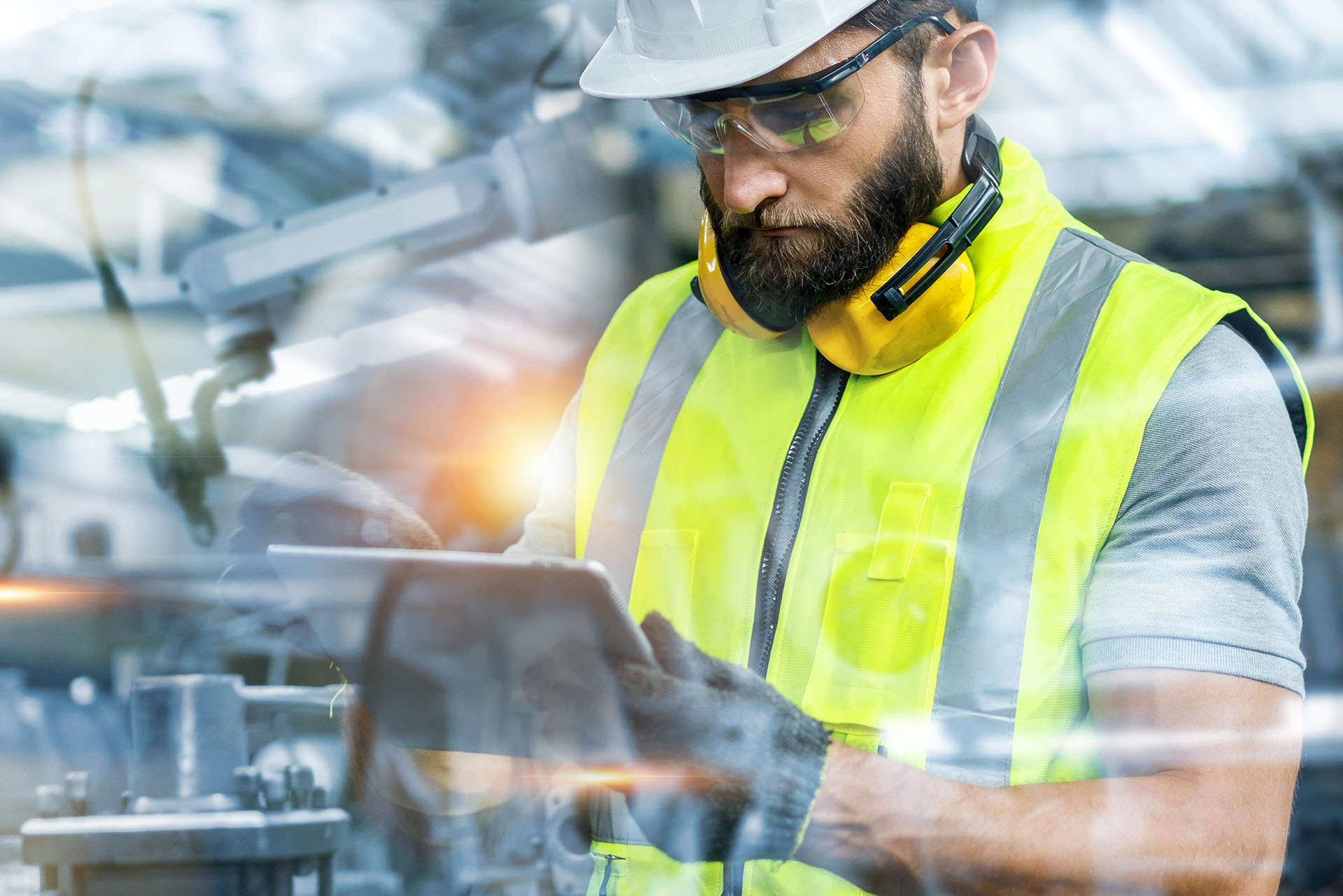Artificial intelligence (AI) has certainly made a name for itself in recent years. What was once a futuristic concept in the realm of science-fiction, is now a typical part of our day-to-day lives.
As technology has rapidly advanced in the modern world, so has the Australian workforce. The impact of AI in the manufacturing industry will be a complete game-changer for the 862,000 Australian workers who are employed by this thriving sector.
What is artificial intelligence (AI) in manufacturing?
AI involves using technology to automate or streamline complex and lengthy manufacturing processes or workflows. It utilises computers to mimic the decision-making capabilities of the human mind.
If you’re unsure of how AI can assist your workforce, then you’re not alone. It’s new and unchartered territory that even global pioneers are still learning to navigate. In fact, only 9% of manufacturing executives have implemented AI into their business practises.
How can artificial intelligence (AI) help your manufacturing business?
Every manufacturer should strive to find new ways to save time, make money and increase overall output. AI can offer immense value to your organisation in the following ways:
Automation
The most obvious benefit of adopting AI in manufacturing is the advantage it brings with streamlining and automating complex and time-consuming processes. This can dramatically increase your workforce productivity. AI technology can effectively take control of data processing and input, that would otherwise require manual human labour. This can free up employee time, allowing room for innovation and creativity in your business.
Round the clock availability
Unlike humans who require breaks, days-off, sick leave and holidays to rest and recharge, artificial intelligence can work 24/7. It can perform tedious, repetitive jobs without running the risk of burnout or fatigue. This can assist you with meeting customer demand.
Identifying opportunity and highlighting areas for improvement
AI tools can process and interpret vast volumes of data at a rate the human mind can’t compete with. This can include tracking, measuring, and monitoring inventory, machinery, and output. Insights can be uncovered about how efficiently you’re manufacturing process is running. And, areas for improvement can be identified.
Reduced errors
AI has the capability to reduce inevitable human errors that occur from time to time. Plus, it can reveal anomalies that would otherwise be missed. It’s a powerful tool when detecting quality defects and facilitating predictive maintenance of machinery. This can significantly reduce unplanned downtime, delays, and disruptions across the production line. While improving workplace safety for your employees.
What are the downfalls of relying on artificial intelligence (AI) in your manufacturing business?
While the potential of AI in manufacturing is evident, implementing this new technology doesn’t come without its limitations, including:
High costs
Introducing AI technology is an expensive upfront investment. It’s highly complex and requires the latest hardware and software. Plus, once implemented it demands continuous surveillance and updates.
AI technology isn’t foolproof
While AI has come a long way in recent years, it’s certainly not perfect. There’s still a resounding reluctancy across the industry to fully embrace this technology due to issues of reliability.
Lack of creativity
Another significant disadvantage of AI technology is its lack of ability to ‘think outside the box’. While it can mimic and learn processes based on past experiences and entered data, it cannot be creative or innovative in its approach. AI lacks human touch, judgement, and important human characteristics that are required for a successful manufacturing business.
The future of manufacturing
Artificial intelligence is an undeniable part of our future, with its presence continuing to grow every day. While this change may seem daunting, it’s now widely accepted that manufacturing will be dramatically impacted by AI in the next five years.
Businesses who embrace new technologies and remain at the forefront of these changes, will reap the benefits, and gain a significant competitive edge.
If you’re yet to introduce AI into your business, don’t fret. It’s not too late and you’re not alone. Remaining open-minded and willing to embrace new advancements as they come will serve you well and ensure you don’t get left behind.
The human workforce can never be replaced. So, striking a balance between investing in new technology and investing in your workers will be a future recipe for a success.

